
Ulysses Turns 100!
Celebrating a Modernist Classic
On February 2, 1922, Sylvia Beach, through her legendary bookstore and occasional imprint Shakespeare and Company, published James Joyce’s modernist novel, Ulysses, in its entirety for the very first time. (It was also Joyce’s 40th birthday.) Since then, it has been banned and celebrated, insulted and cherished, and looked at every which way. Here are just a few of those.
*
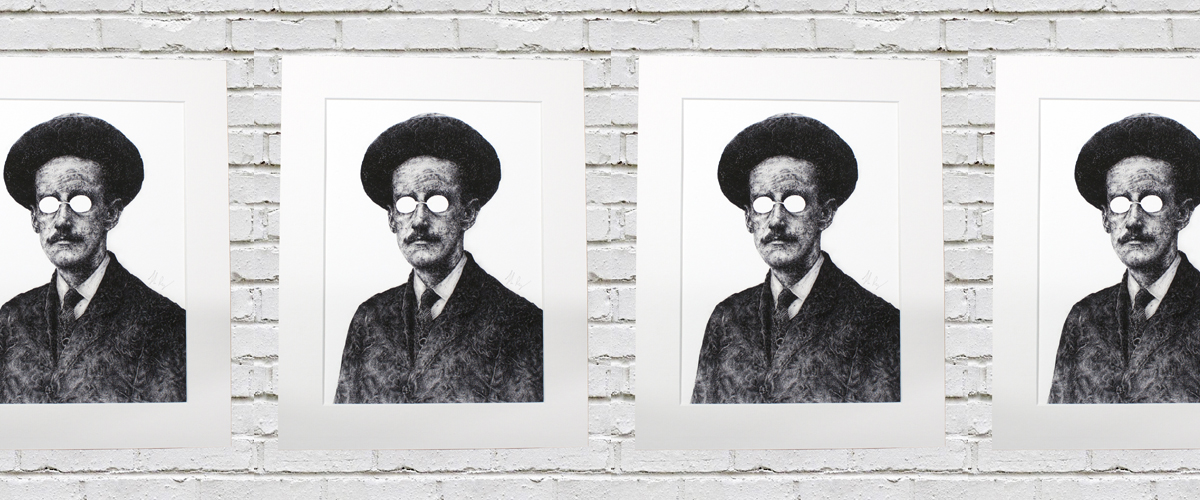
Ulysses: Good or Bad?
21 Famous Writers and One Famous Psychoanalyst Weigh In
FOR: Ulysses, of course, is a divine work of art and will live on despite the academic nonentities who turn it into a collection of symbols or Greek myths. –Vladimir Nabokov
AGAINST: In spite of its very numerous qualities . . . Ulysses is one of the dullest books ever written, and one of the least significant. –Aldous Huxley

How to Read Ulysses by the Numbers
Breaking Down a Surprisingly Revealing Technique
The numbers, both alone and together, can speak. The possibility of a message hidden within them requires that someone is there who can identify, decode, and interpret.
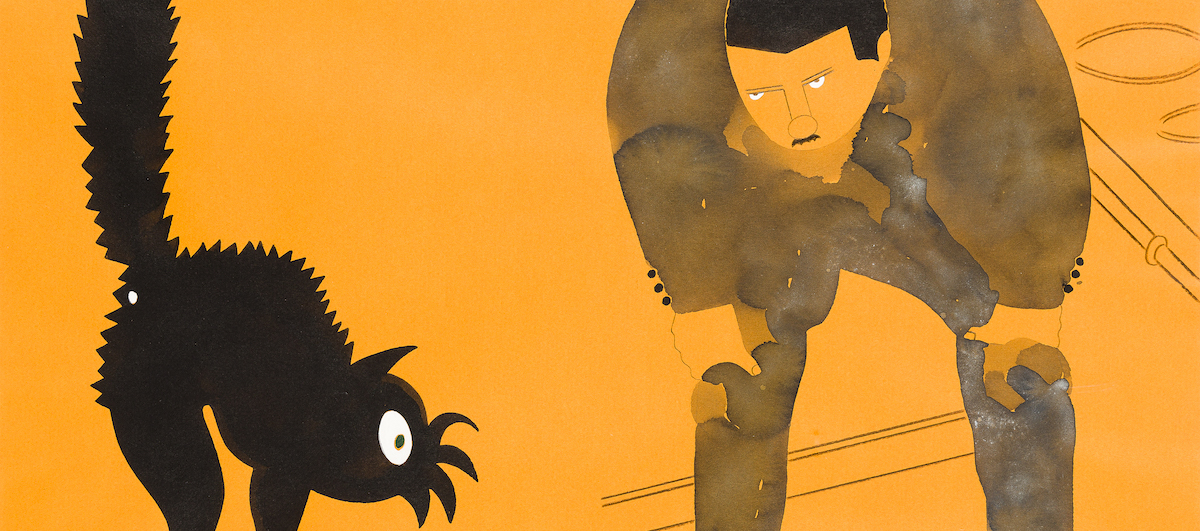
Eduardo Arroyo’s Dreamy, Abstract Illustrations of Ulysses
A Sneak Peek at a New Edition of James Joyce’s Classic
In the late 1980s, Eduardo Arroyo suffered a serious illness that made him fear for his life. His recovery took a long time. More than once, he declared that what helped him overcome this ordeal was to work on the illustrations for Joyce’s Ulysses.
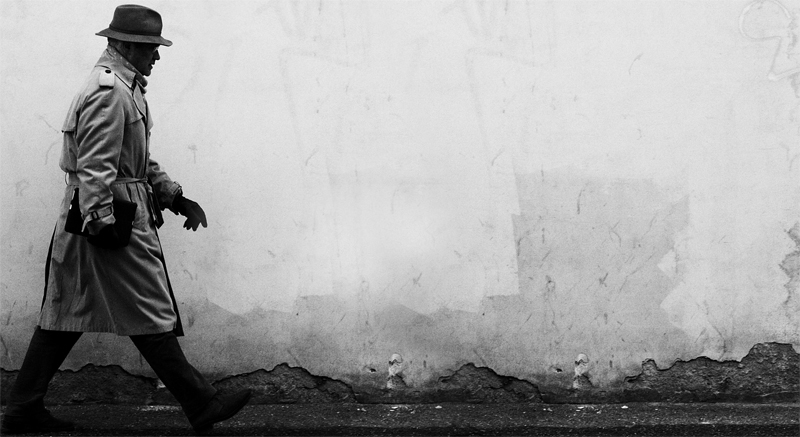
The Man in the Macintosh: One of Literature’s Great Mysteries
Investigating One of Ulysses’ Shady Characters
“Now who is that lankylooking galoot over there in the macintosh? Now who is he I’d like to know? Now, I’d give a trifle to know who he is. Always someone turns up you never dreamt of.”
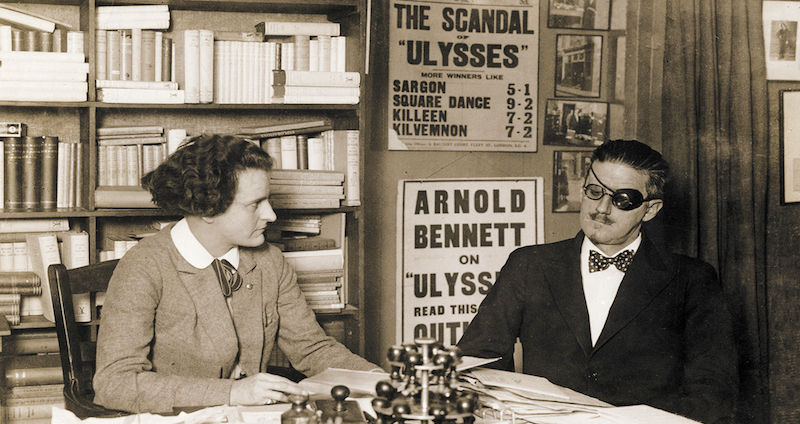
Listen to the first ever recording of James Joyce reading from Ulysses.
The recording was an ordeal for Joyce, and the first attempt was a failure. We went back and began again, and I think the Ulysses record is a wonderful performance. I never hear it without being deeply moved.
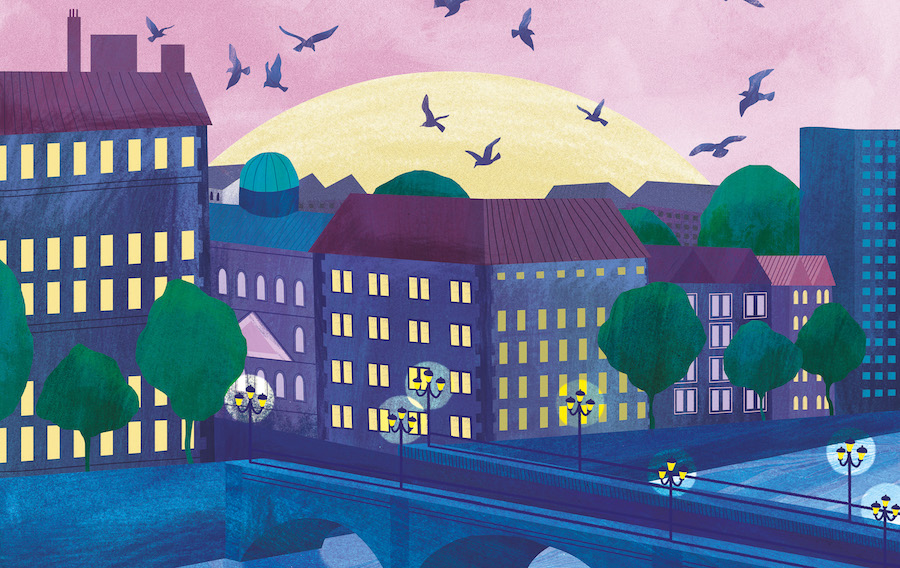
James Joyce’s Dublin, a Microcosm of the World
The Streets in Ulysses Are the Streets of the Everyman
The pub is warm and beery. Grog glasses—drained, foam stained—scatter sticky veneer. Red-wine lips, hoppy breath, a slurry of slurring; laughter like gunfire, craic-ing off the wood panels, mirror walls and ranks of whiskey bottles. Bar talk is of theology and adultery, literature and death, soap and sausages. Everything and nothing, discussed or daydreamed over a quick cheese sandwich. A nothing old day. But the stuff of life—infinitesimal yet essential—all the same . . .

The 50 Best One-Star Amazon Reviews of James Joyce’s Ulysses
Or: the Ballad of Leatherbags Reynolds
Leatherbags loves Joyce. And Goethe! On the other hand, Leatherbags hates Pynchon. Leatherbags is an enigma. Leatherbags is a hero.
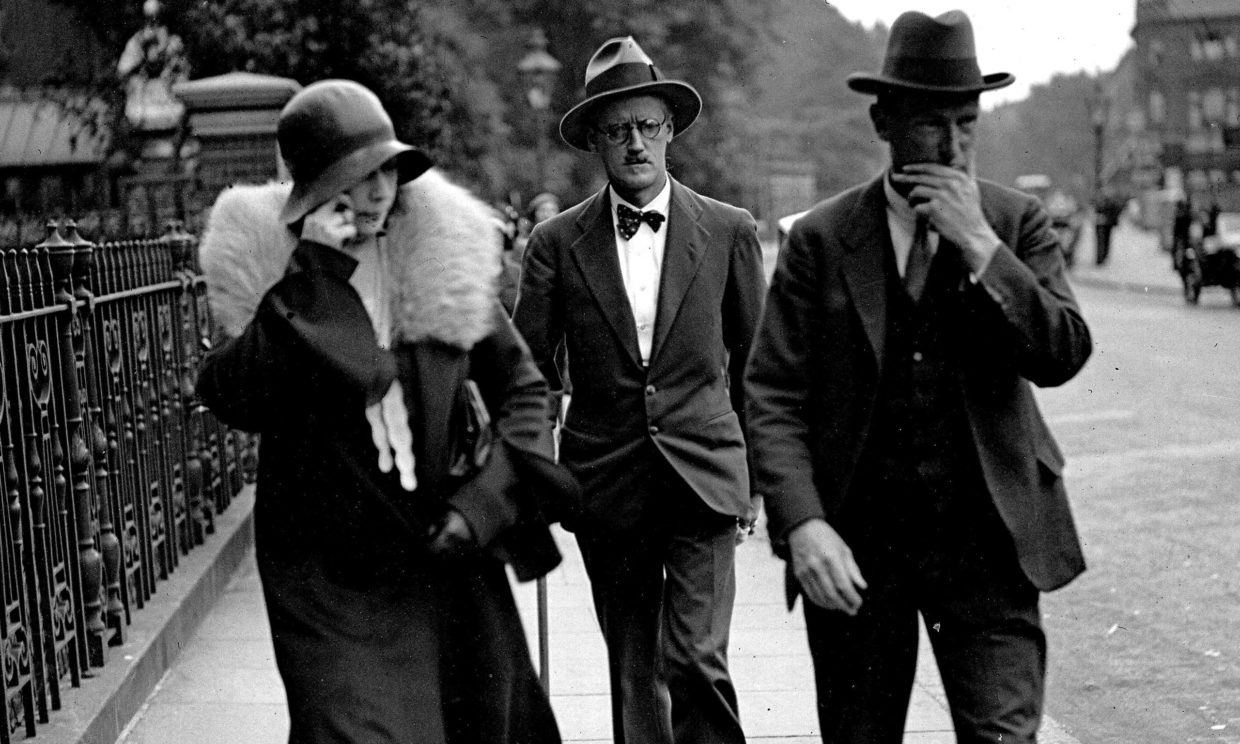
James Joyce: Genius, Jerk
Tim Parks on the Man Behind the Books
It was always Joyce’s way to have others understand that he was the more important.
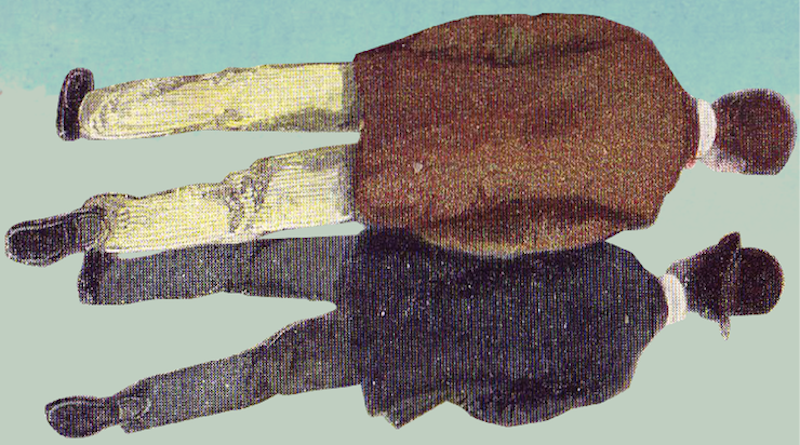
Ulysses: A History in Covers
The Many Lives of a High-Modern Classic
What Virginia Woolf once decried as the “illiterate, underbred book… of a self-taught working man” is now regarded as the exemplar of high modernism. In the process of arriving at this lofty cultural position, Ulysses has endured many slights, inhabited many forms, and worn many, many covers.
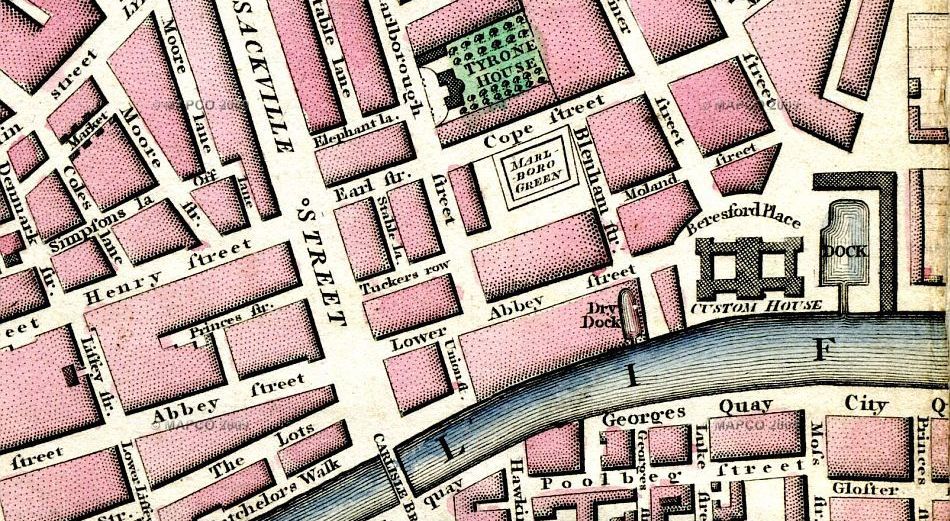
It’s Bloomsday All Over the World!
On June 16th, Everywhere You Go is a Small Corner of Joyce’s Dublin
Did James Joyce’s Ulysses take place merely in Joyce’s imagination, or did any of it actually happen at all? Perhaps that sounds like a silly question, but it’s one that you can disappear down the rabbit hole trying to answer. Did the people who appear in the author’s landmark modernist novel actually exist? The answer: perhaps. Or, to put it another way: yes. Or another: no.
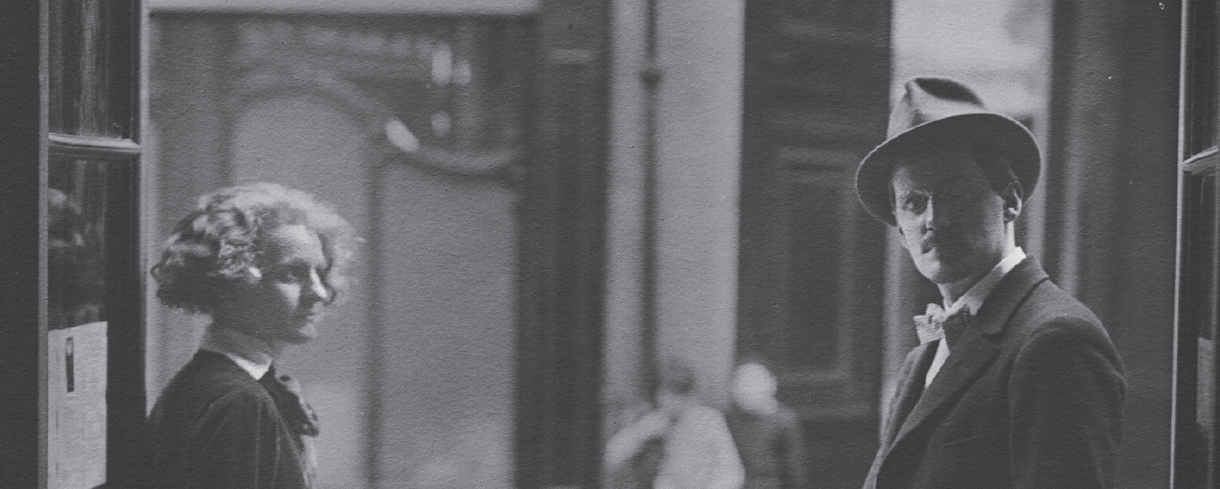
When James Joyce Met Sylvia Beach
On the Chance Encounter That Changed Literature Forever
He’d stroll out of the house just as Nora was about to serve lunch because he was oblivious to the time. “Look at him now!” she complained to Beach. “Leeching on the bed and scribbling away!” She wished he could have been something other than a writer. Sylvia Beach could not agree.
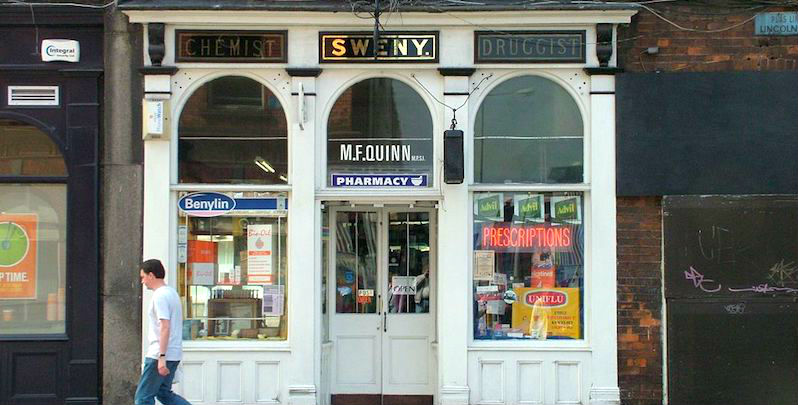
Fighting to Save the Real-Life Pharmacy from James Joyce’s Ulysses
Ally Findley on the Historical Importance of Sweny’s Pharmacy, Which May Soon Vanish
In the fifth episode of Ulysses, “The Lotus Eaters,” Leopold Bloom stops in to Sweny’s Pharmacy for some face cream for his wife Molly, and, after a sniff, adds a bar of lemon soap to his purchase. In Bloom’s observation, “chemists rarely move”—and Sweny’s, opposite the Lincoln Place end of Trinity College Dublin and around the corner from the birthplace of Oscar Wilde, proves this.

What Does Ulysses Tell Us About Pete Buttigieg?
On Judging a Candidate By What They Read
“You wouldn’t vote for someone just because they share your taste in literature, would you?”
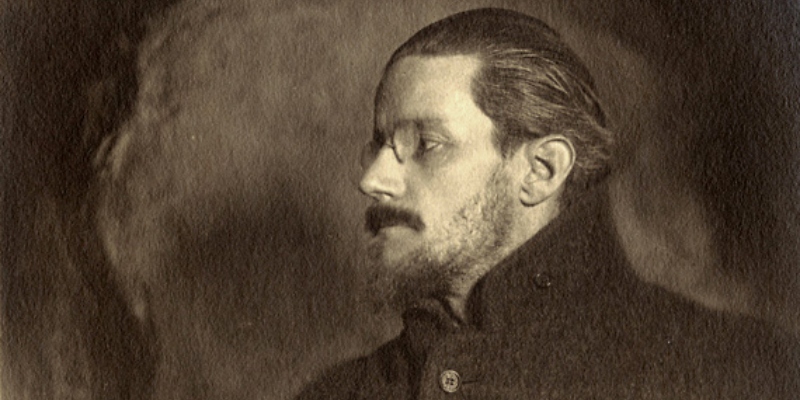
Who will buy the £80,000 watch from James Joyce’s Ulysses?
Big news for fans of James Joyce, or of time: the pocket watch worn by John O’Connell in James Joyce’s Ulysses is going up for auction at Bonhams on November 4th. The 18-carat gold watch and chain could fetch £80,000. Bonhams described the watch as a “tangible item from the pages of one of the most famous books of modern times.”

If Consciousness Isn’t A Stream, How Do We Represent It?
How Literature Reflects our Changing Understanding of Consciousness
What is consciousness? For literary studies the most influential framework has been William James’s “stream of consciousness.” “Consciousness,” he wrote, “from our natal day, is of a teeming multiplicity of objects and relations [ . . . ]. Such words as ‘chain’ or ‘train’ do not describe it fitly as it presents itself in the first instance. It is nothing jointed; it flows.”












